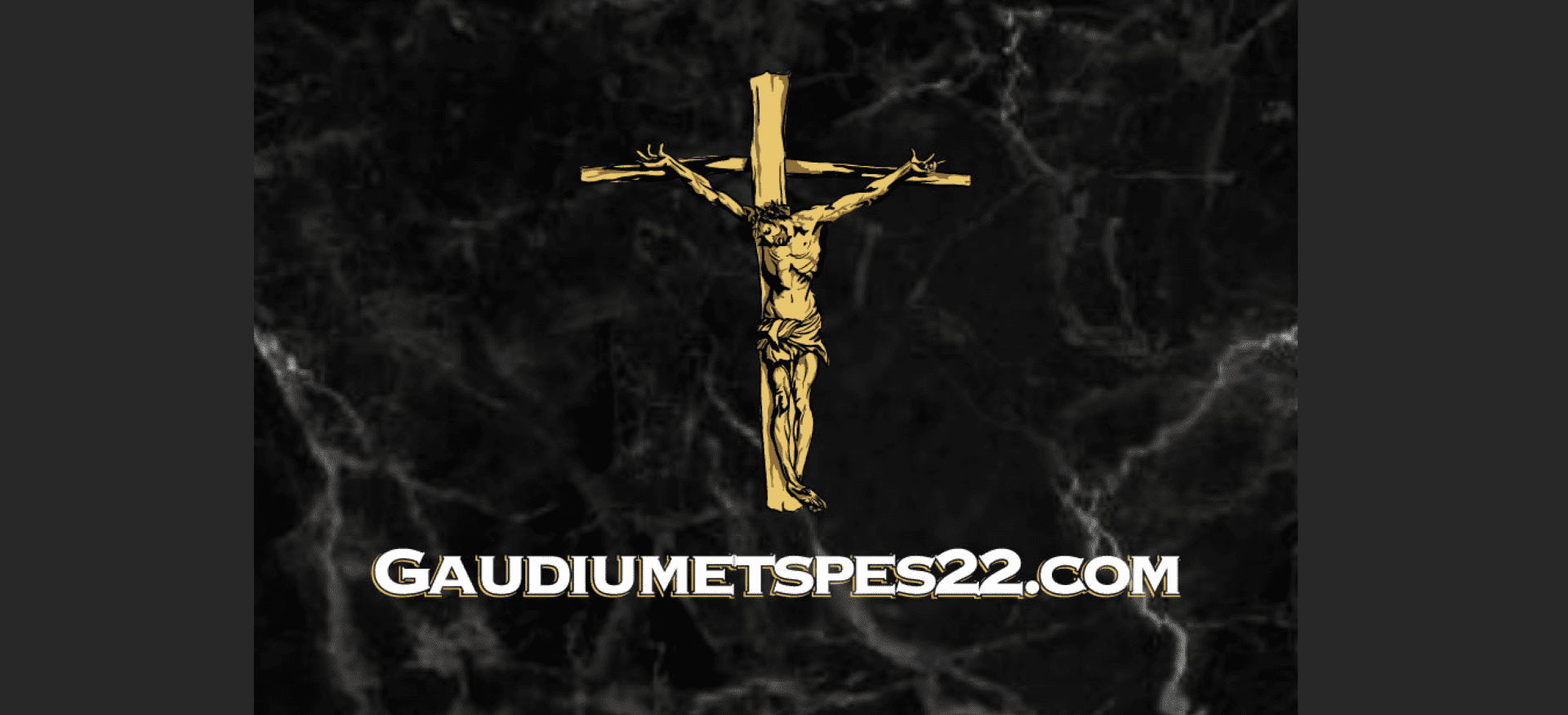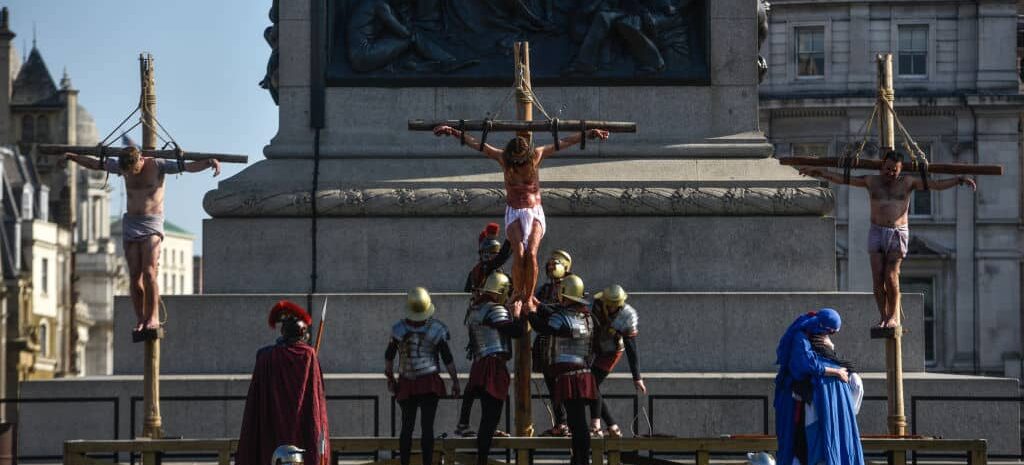“Hey you, stop underestimating the power of your bodily routines.” Thus says Felicia Wu Song in reflecting on the significance of our digital practices. She even suggests we consider these practices as a kind of ‘liturgy,’ an embodied common practice that both expresses and forms who we are.
Relating the power of Anglican liturgies in her own formation, she shares, “I am also increasingly aware of how I have been equally formed by a digital liturgy of sociability and daily life.” (Restless Devices: Recovering Personhood, Presence, and Place in the Digital Age) The connection of our digital practices and the notion of ‘liturgy’ is a bit arresting. And I think it is very much to the point.
Liturgy in the proper sense is a public religious practice that has set bodily forms. God directed the Hebrews of old to worship liturgically, and similarly Christian worship at its root and height is liturgical. As a ‘work of the people’ liturgy is at once a work of worship and a work of human formation. Liturgy expresses who we are, but it also changes us by growing us into who we should be. Liturgy engages every aspect of what it is to be human: bodily creatures who live in community and whose ultimate identity is relationship with God.
It is not surprising then that all of human life can be considered through the lens of liturgy. We might say that whether consciously or not our daily, bodily practices—and of course they always have a certain routine—both express and cultivate specific commitments. An old form of the marriage vow had the words “with my body I thee worship.” We might reflect that in a sense we humans always ‘worship’ something with our bodies; the question is what worship is implicit in our bodily practices.
Many traditional, daily Christian practices are in fact a kind of extension of liturgy into the corners of our life. In this vein we might note how…
Continue reading at Life Craft…
–by John Cuddeback
Husband, father, and professor of Philosophy. LifeCraft springs from one conviction: there is an ancient wisdom about how to live the good life in our homes, with our families; and it is worth our time to hearken to it. Let’s rediscover it together. Learn more.
Image Source: AB/LifeCraft



